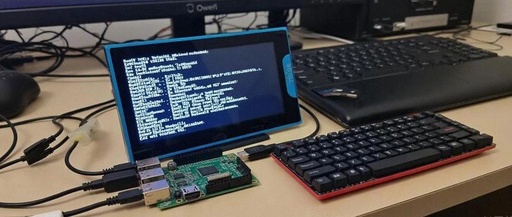Installing GCC from Source
My laptop is running CentOS 7 with a version of GCC installed via yum, but this version is too old, so I need to install a newer version of GCC. 1. First, download from the internethttp://mirror.hust.edu.cn/gnu/gcc/ Find the appropriate version and download it. 2. Extract the compressed package # cd /usr/local/# tar -zxvf gcc-6.4.0.tar.gz 3. … Read more





